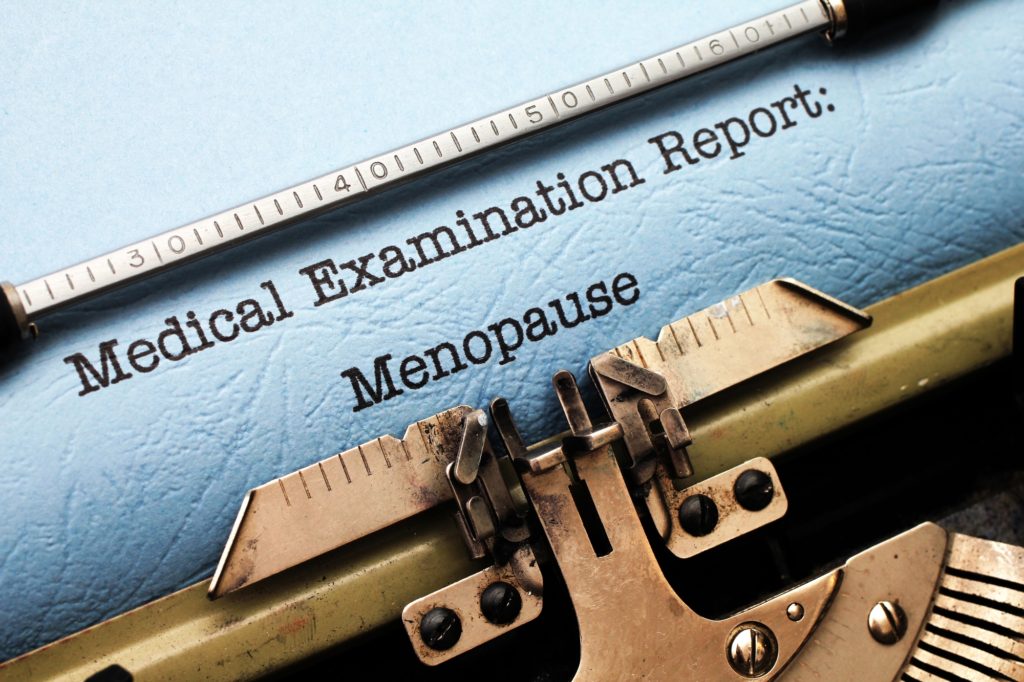
Fed up with your menopausal symptoms? Hormone menopause tests may be the answer you are looking for.
For anyone who is serious about getting to the root cause of their symptoms, advanced hormone and nutrient testing is an invaluable investment into your health.
You have learnt so far that your symptoms indicate that your hormones are out of balance, and although, through all the info gathering, you will have a feel for where the imbalances are, you do not know for sure.
And this is why menopause hormone tests are important.
The state of the art tests I offer are very different from the ones you may be offered at your GP surgery. They are far more comprehensive as they show you where the imbalances and deficiencies are.
Would you like to get your hormones back in balance?
The key hormones which may be out of balance tend to be your sex hormones, your stress hormone cortisol, insulin and your thyroid. You may also be deficient in some key nutrients.
Advanced hormone and nutrient testing allows all of these areas to be explored in detail and allows for informed choices to be made regarding the best protocol for you.
To clarify, here are a couple of examples:
Let’s look at your sex hormones. We know that as you transition through the menopause, these start to fluctuate and decline. And you may book an appointment with your GP to understand your menopausal status. This is very common for women in their early 40s who are looking for confirmation that they are beginning the transition through to the menopause.
Your GP will do a blood test to identify your follicle stimulating hormone and your luteinizing hormone levels and if these are raised, it will indicate that your progesterone and oestrogen levels are in decline and you may be peri menopausal.

But a functional menopause hormone test which is done with dried urine can tell you so much more.
These tests don’t just look at hormone levels at a point in time, but also report on the sex hormone metabolites. This means that you get a picture on how your hormones are actually behaving in your body over a period of time and how they are being detoxified and eliminated from your body.
This is all important information to understand the root cause of symptoms such as weight gain, anxiety, depression, hot flushes, night sweats, brain fog, heavy painful periods, low libido and memory loss.
Another good comparison is a cortisol test:
Cortisol is the hormone which controls your fight and flight response as well as your sleep/wake cycle and when it is not in balance, it can exacerbate many menopausal symptoms.
Yet, your GP will only test your cortisol levels via a blood test if he /she suspects that you have a serious disease like Addison’s disease. But again, the beauty of a dried urine test is that it can measure the pattern of your cortisol output throughout the whole day.
This is important as you’re supposed to wake up with high levels of cortisol and have low levels at the end of the day.
So, you can see that getting a picture of how cortisol is behaving throughout a 24 hour period is invaluable.
It gives a very good indication of the impact of your cortisol patterns on your health. And remember this. As your fight and flight hormone which protects you from danger, cortisol will take priority over everything else. Years of elevated cortisol levels could be impacting everything from your digestive health, your immune function as well as your hormonal health.
With hormone menopause tests, there is no guesswork
Once you have been tested, you will get a personalised plan to address the imbalances in your body. It allows for very specific and targeted recommendations which in turn helps to accelerate impact and results.
And by investing in your health in this way, your journey to a symptom free life can begin.
Would you like to get rid of your menopause symptoms for good?
Menopause hormone tests are not just about understanding the levels of your hormones.
It is also about evaluating how your hormones are actually behaving in your body as this gives a very clear indication as to what is causing your symptoms.
In addition, testing looks at your nutrient status and identifies where levels may not be optimal. You may have had tests done by your GP and been told that they are “normal”. But if you are at the low or high end of “normal”, you can still get symptoms. Getting you to “optimal” can make all the difference.
Let’s learn about the different hormone menopause tests:
Depending on your symptoms, you may be offered a comprehensive hormones test, a comprehensive stool test and a blood screening panel.
All of these tests can be done from the comfort of your own home.
Hormone Testing (DUTCH test)
This is a urine test which looks at the levels of your hormones and how well your hormones are functioning.
It will evaluate :
Stress hormones – cortisol and cortisone
Androgens – testosterone and DHEA
Progesterone
Oestrogen and how it is metabolised
Neurotransmitters – Dopamine, Nor-adrenaline and Melatonin
Key nutrients including B12, B6 and glutathione
This is invaluable if you are experiencing fatigue, poor sleep, memory loss, hot flushes, night sweats, low libido and weight gain
Blood panel plus thyroid

Full blood count
Thyroid (TSH, T4,T3 and antibodies)
Liver and Kidney function
Cholesterol and Triglycerides
Diabetes marker (HbA1c)
Inflammation (CRP)
Key nutrients – Vitamin D, active B12, Ferritin, Folate and Magnesium
Consider this test as your overall MOT. It is a must for everyone who is serious about investing in their health. If any of these markers are out of range, it can impact your hormones and contribute to your symptoms.
Gut test
This is a state of the art test which provides information on your gut microbiome and includes the following markers
Beneficial and pathogenic bacteria
Yeast and fungal markers
Parasites and viruses
Inflammation
Enzyme status
Immune system markers
Leaky gut marker (Zonulin)
This is an important test if you are suffering with your digestive health and have symptoms which may be linked to an imbalance, such as migraines, fatigue, brain fog, joint pain, weight gain and depression.
Let’s recap
You have learnt that functional, diagnostic and nutrient testing is a far more comprehensive assessment than tests which you would be offered by your GP.
And this is important as how your hormones are behaving and functioning is the biggest indicator in understanding the root cause of your symptoms.
You have learnt that “normal” blood test results are not always ok. Optimum levels are what is needed to reduce symptoms.
You have learnt about the different tests and which ones you may be offered
You know that by testing you will be able to get faster results as your protocol will be personalised and targeted just for you.
The tests are easy to do from the comfort of your own home
But have you had time to think about what else is in it for you?
Here are some additional benefits of hormone menopause tests
Testing is a light bulb moment. It will show you in black and white where your imbalances are.
It helps you with compliance. When you see your results written down, you are more likely to take note and do something about it.
It provides a mechanism through which you can monitor your progress and successes.
Click through to my download to find out more about how to have a happy and healthy menopause

